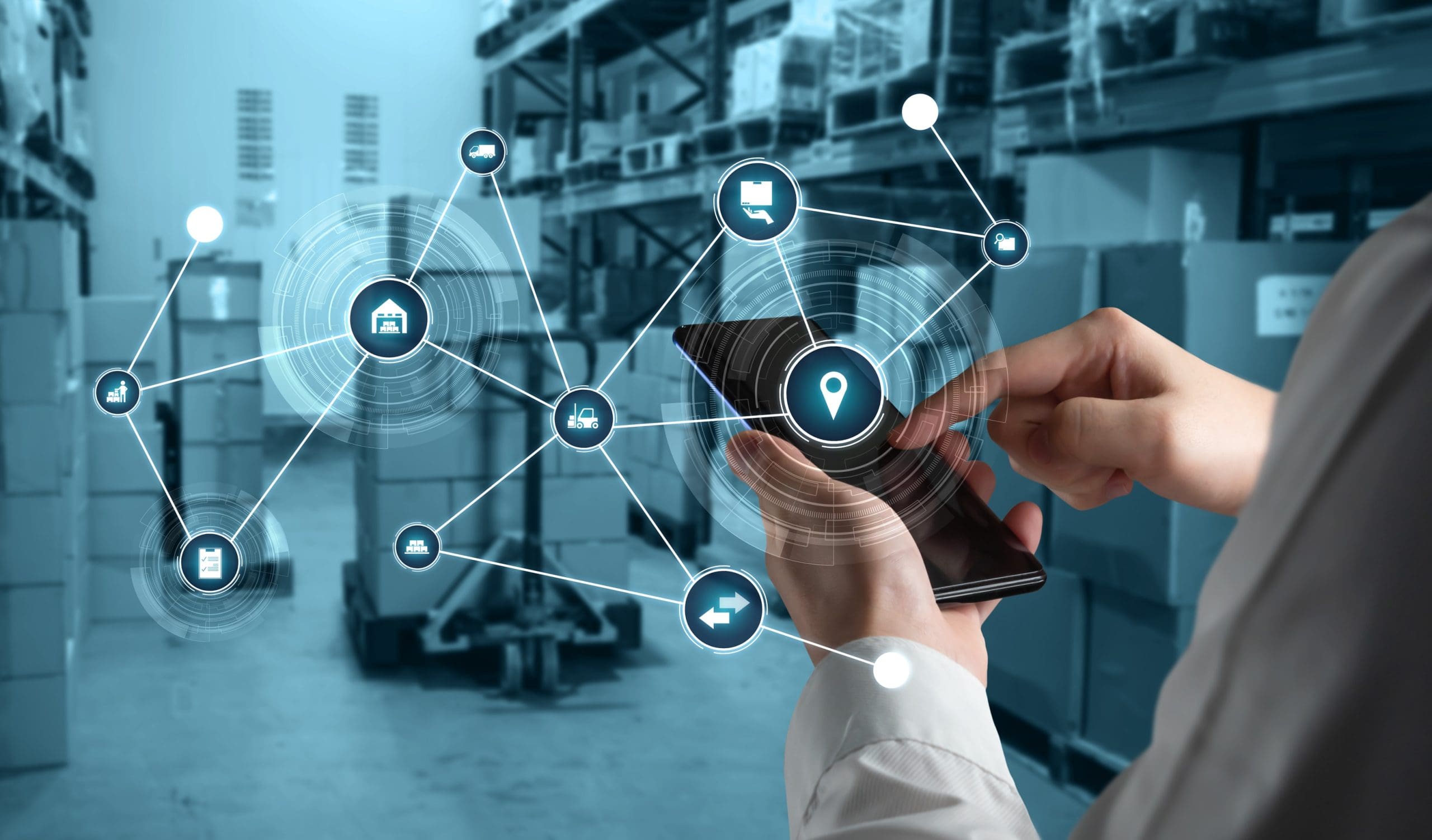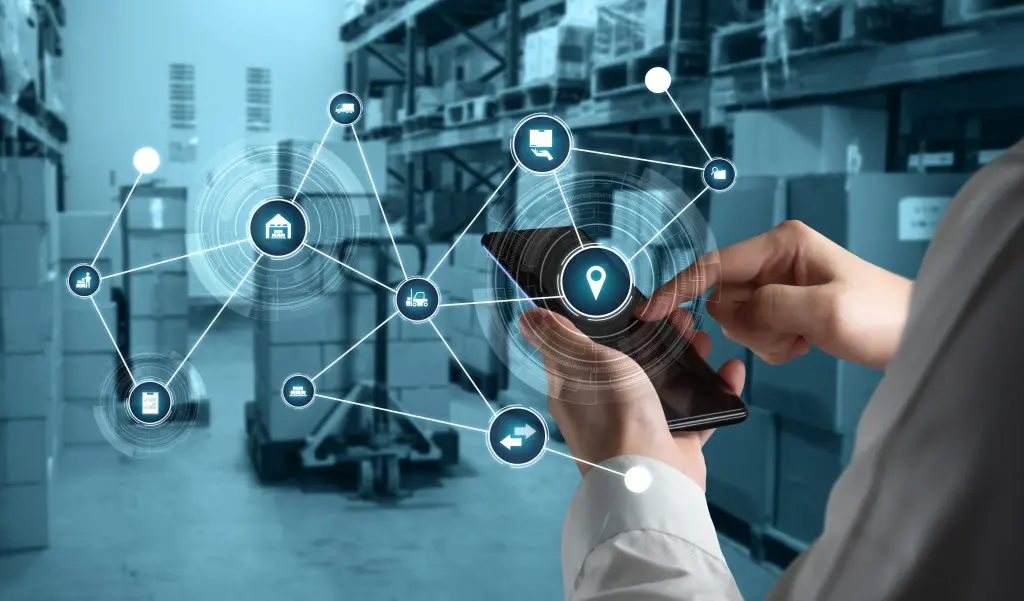
Technology plays an increasingly important role in optimising logistics and transportation. When you use multiple tech tools, like transport operators do, how do you make sure they work well together? Integrating advanced tools into transport management systems (TMS) can enhance efficiency, lower costs, and improve customer satisfaction. This blog explores the concept of technology integrations, how they impact logistics, and the future trends transport operators should be aware of.

What are technology integrations
Technology integrations involve combining various software, hardware, and digital tools to streamline operations. Like most transport operators, you probably use several different digital tools to do business. In transport management systems, technology integrations connect different systems—such as GPS, telematics, warehouse management systems (WMS), and customer relationship management (CRM) software—to work seamlessly together.
These integrations allow data sharing between platforms, eliminating the need for manual input. They ensure that key information, like shipment tracking and driver data, remains updated in real-time. They also enable businesses to make faster and more accurate decisions based on integrated data flows.
By using technology integrations, companies can automate many aspects of their transport operations and increase overall productivity.
Technology integrations in logistics
Several types of technology integrations exist within the logistics industry, each serving different purposes. Here are some examples:
GPS and telematics systems. Transport companies use GPS and telematics to track vehicle locations, monitor fuel usage, and analyse driver behaviour.
Warehouse management systems (WMS). WMS integrates with a TMS to synchronise inventory management, ensuring real-time tracking of goods in transit.
Electronic logging devices (ELD). ELDs monitor driver hours and ensure compliance with government regulations on driving limits.
Customer relationship management (CRM) software. CRM systems integrate with TMS to provide detailed customer data, helping logistics companies offer personalised services.
Electronic Data Interchange (EDI). EDI allows the exchange of important documents like invoices and purchase orders between different platforms.
These integrations offer the foundation for smoother operations and real-time visibility across supply chains.

What are the benefits of technology integrations in transport management systems?
Technology integrations provide a range of benefits that impact different areas of logistics operations.
Integrations like GPS and telematics give transport operators real-time data on vehicle locations, fuel use, and delivery status. When separate systems can work together, operators get access to improved analytics. In addition, having all their data centralised in one system allows for better analysis and faster decision-making.
Like the best applications of technology, integrations make life easier. They can automate manual tasks such as billing, invoicing, and compliance reporting, reducing human error and freeing up time.
All these benefits not only benefit you, but also your customers. Integrating CRM systems with a TMS allows businesses to offer timely updates and better service, improving customer satisfaction.
These benefits help logistics companies stay competitive, reduce operational costs, and boost profitability through improved efficiencies.
Emerging technologies
As technology continues to advance, new integrations are emerging that promise to further revolutionise transport management systems. Some of the most exciting innovations include:
Artificial Intelligence (AI). AI can analyse vast amounts of data to predict demand, optimise routes, and even manage fleet maintenance schedules. AI integrations will lead to smarter, faster decision-making.
Internet of Things (IoT). IoT-connected devices, such as smart sensors on vehicles, will provide even more granular data on performance and conditions, allowing for predictive maintenance and better risk management.

Blockchain technology. Blockchain will enhance supply chain transparency and security by providing an immutable record of transactions. This integration will reduce fraud and increase trust between partners.
Cloud-based platforms. As businesses continue to move to the cloud, cloud-based TMS solutions will offer more scalability, accessibility, and flexibility. They will allow businesses to manage operations from anywhere, ensuring business continuity in any situation.
Autonomous vehicles. While still in the early stages, integrating autonomous driving technology into TMS will reshape transport operations, reducing reliance on human drivers and potentially lowering costs.
These emerging technologies will offer even greater capabilities for logistics companies looking to stay ahead of the competition and future-proof their operations.
Make the complex simple
Technology integrations in transport management systems play a key role in modern logistics. By combining different tools and platforms, companies can automate processes, improve decision-making, and boost efficiency. Businesses that embrace these advancements will be better equipped to manage their fleets, meet customer expectations, and succeed in a competitive market. As emerging technologies continue to evolve, the potential for further innovation in transport management systems is limitless.
GoDesta’s System Integration module makes sure it seamlessly communicates with the operational systems you already have in use. Contact us to find out how an advanced TMS can do wonders to enhance your operations.
GoDesta: Growing Transport Faster, Smarter

